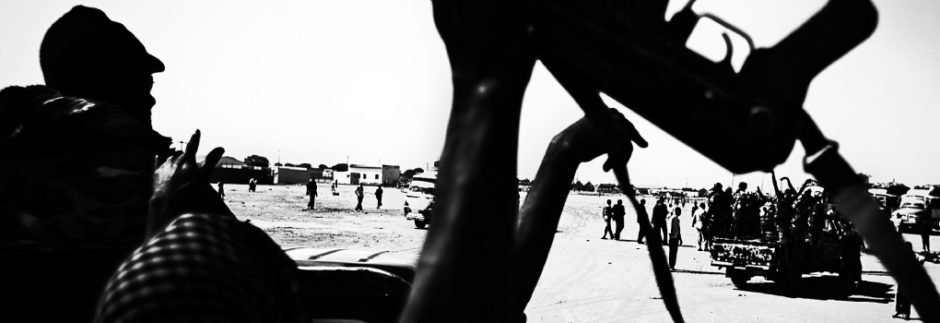
Trafigura’s work in South Sudan involved connections with an Israeli middleman who went on to be sanctioned by the US for aiding the conflict, a Swiss NGO has claimed in a new report.
Trafigura has denied wrongdoing. The Public Eye NGO has released two letters linking the oil trader to Israel Ziv, who the US government’s Office of Foreign Assets Control (OFAC) imposed sanctions on in December 2018. The reason behind the sanctions were that Ziv, along with other men, had “undermined peace, stability, and security in South Sudan”.
The first letter was dated January 2016 and noted the payment of $45 million to a bank account in the name of ZIVHG Ltd, while another $35mn went to the Ministry of Finance and Economic Planning. This was based, the letter from an undersecretary in the Ministry of Finance said, on a loan agreement between the government of South Sudan and Trafigura. Public Eye named the beneficiary of ZIVHG as Ziv.
This cash appears to be linked to a prepayment from Trafigura, Public Eye said. The payment to ZIVHG contradicts the 2015 peace agreement between the government in Juba and its opponents, led by Riek Machar, the former vice president.
The payment to ZIVHG was in support of an agricultural project known as Green Horizon.
A report to the United Nations in April this year noted Trafigura’s role in South Sudan’s oil industry. This calculated that the government had received just under $400mn from commodity traders in 2017-18. Commenting on the Green Horizons case, the UN report cited Trafigura as saying it had made the pre-payment directly to the revenue account of the government of South Sudan. While the company knew some of the money would go to Green Horizon, “Trafigura was not a partner in the project”.
Public Eye disclosed a second letter apparently from a South Sudanese official to Trafigura’s head of the oil division Jose Larocca in August 2017. The letter asked the Trafigura executive to come to South Sudan, saying that this followed discussions with Ziv who was “currently engaged” in discussions with the trader on “various areas of investment and interest” in the country.
According to the UN report, the trader retained L.I.O. Ziv Ltd to assist in managing the crude trade it carried out with the Juba government. This ended in May 2017. It went on to quote Trafigura as saying it was “entirely separate commercial arrangement and was unconnected with any other activities of Israel Ziv and related companies in South Sudan”.
Ziv is said to have supplied arms and ammunition to both the government of South Sudan and the opposition, according to OFAC. He used an agricultural company as a front for the sale of around $150mn worth of weapons and was “paid through the oil industry and has had close collaboration with a major multinational oil firm”. The US government did not name the firm in question.
The OFAC report also noted talk that Ziv had hired mercenaries to attack South Sudanese oilfields and infrastructure “in an effort to create a problem that only his company and affiliates could solve”.
This is not the first time the company has been linked to Israel Ziv. A report from the Organized Crime and Corruption Reporting Project (OCCRP) group in July quoted the former head of the Israeli Defence Forces’ Operational Directorate as having consulted with Trafigura on managing crude trade with the South Sudanese government.
The OCCRP said at least $140mn had been transferred to Global CST, another company linked to Ziv, which originated as pre-payments from Trafigura to the central bank. This “nearly matches the $150mn worth of arms the [US] Treasury Department said Global CST’s owner sold to the government”. The OCCRP went on to note that there was no evidence that Trafigura knew that the cash might go to pay for alleged arms deals. Ziv has denied having any involvement in the purchase of weapons, saying OFAC had been misled and he has applied for sanctions to be removed.
While the UN report writers visited one of the Green Horizon sites, and found agricultural work under way, OCCRP raised concerns about the efficacy of the work.
